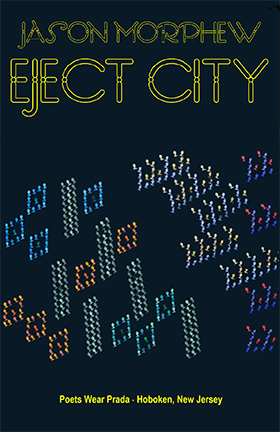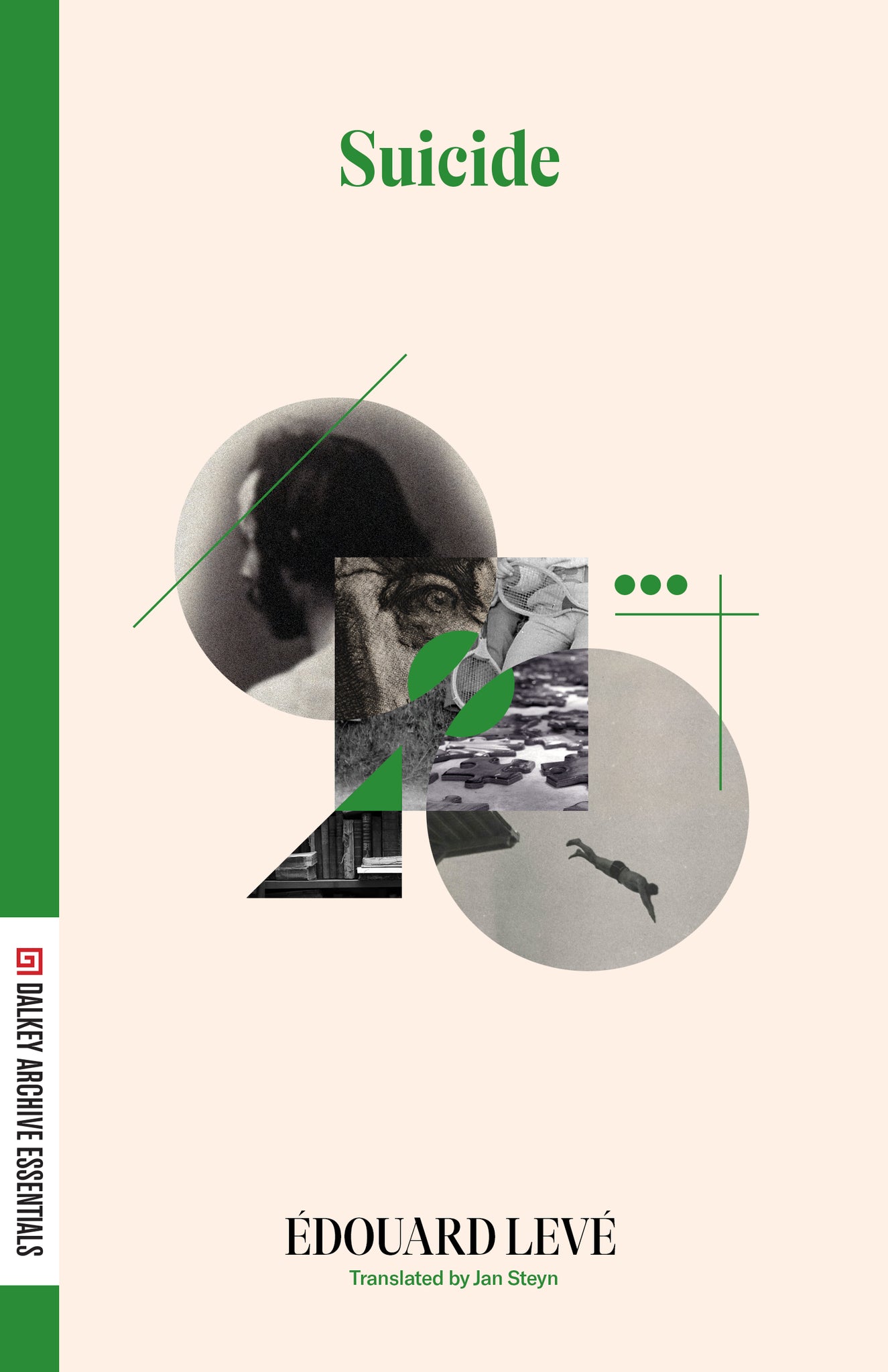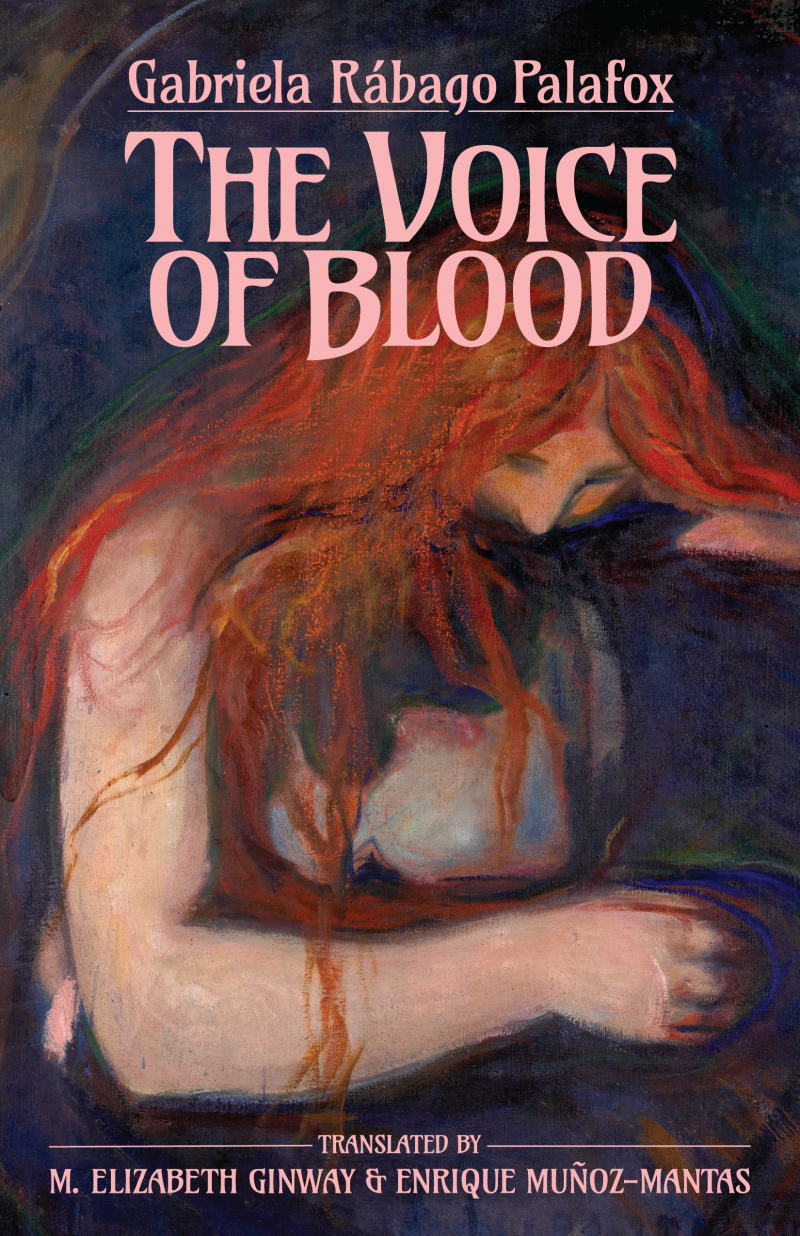 Morphew’s background as both a poet and songwriter resonates throughout the collection. Some poems carry a musical cadence; others resist rhythm altogether. Morphew is unafraid to let his poems falter, stutter, or collapse into silence. He is a true artist—a virtuoso who is unafraid to take risks. He transforms his despair and life’s experiences into art—whether of body, of heart, or of legacy.
Morphew’s background as both a poet and songwriter resonates throughout the collection. Some poems carry a musical cadence; others resist rhythm altogether. Morphew is unafraid to let his poems falter, stutter, or collapse into silence. He is a true artist—a virtuoso who is unafraid to take risks. He transforms his despair and life’s experiences into art—whether of body, of heart, or of legacy.
A review of Ischia by Gisela Heffes
 The story quickly transitions though as we’re carried by a bird and further out and down the rabbit hole via layered patterns of dissociative travel. Ischia encounters a dizzying array of wild circumstances which challenged my conception of the bounds of traditional storytelling.
The story quickly transitions though as we’re carried by a bird and further out and down the rabbit hole via layered patterns of dissociative travel. Ischia encounters a dizzying array of wild circumstances which challenged my conception of the bounds of traditional storytelling.
A review of Suicide by Édouard Levé
 The narration in particular demonstrates Levé’s artistry. The book’s speaker addresses his friend, recounting a wide range of events, conversations, and thoughts that took place before the suicide. But wait—he, the narrator, is recounting incredibly specific details about his friend’s life, quoting conversations, explaining worries and trains of thought that his friend, not the narrator, experienced.
The narration in particular demonstrates Levé’s artistry. The book’s speaker addresses his friend, recounting a wide range of events, conversations, and thoughts that took place before the suicide. But wait—he, the narrator, is recounting incredibly specific details about his friend’s life, quoting conversations, explaining worries and trains of thought that his friend, not the narrator, experienced.
A review of Sentence by Mikhail Iossel
 The stories in Sentence thrive in the midst of foreclosed freedoms, a confining environment but never without a sense of curiosity and interest. Sentence may forego periods for the brief spaces allowed by commas, but the narratives are well-structured, darkly humorous, nostalgic, investigative in regards to the surreality of trauma, survivor guilt and paranoia.
The stories in Sentence thrive in the midst of foreclosed freedoms, a confining environment but never without a sense of curiosity and interest. Sentence may forego periods for the brief spaces allowed by commas, but the narratives are well-structured, darkly humorous, nostalgic, investigative in regards to the surreality of trauma, survivor guilt and paranoia.
A review of Bequeath By Melora Wolff
 Bequeath is a project of probing questions from the past and reifying them in the present through the burden of worry Wolff inherited in girlhood from her mother and felt, but never completely understood, even in adulthood. Her essays are the incarnation of that “delicately durable circuit” established in childhood sending into her “consciousness each day the sanctity of memory.”
Bequeath is a project of probing questions from the past and reifying them in the present through the burden of worry Wolff inherited in girlhood from her mother and felt, but never completely understood, even in adulthood. Her essays are the incarnation of that “delicately durable circuit” established in childhood sending into her “consciousness each day the sanctity of memory.”
Gold Digger by Lisa Collyer
 Gold Digger is a bristling invitation. A challenge and a call to attention. It demands an opening of the eyes and ears to lives lived vivid and vital despite the social context in which they are lived. This is a collection as galvanising as it is refreshing, and I congratulate Lisa and Gazebo Books on its publication. If you identify as a woman, you will feel seen in these pages. If you neither identify as a woman nor have spent any of your life socialised as one, prepare to have your eyes unpeeled.
Gold Digger is a bristling invitation. A challenge and a call to attention. It demands an opening of the eyes and ears to lives lived vivid and vital despite the social context in which they are lived. This is a collection as galvanising as it is refreshing, and I congratulate Lisa and Gazebo Books on its publication. If you identify as a woman, you will feel seen in these pages. If you neither identify as a woman nor have spent any of your life socialised as one, prepare to have your eyes unpeeled.
A review of Alighting in Time by Lynne Wycherley
 As her poetry and prose articles indicate, she is concerned about the little-known risks of the wireless boom and works to build awareness of the dangers. While her recurrent theme is the threat posed by modernity to the rhythms and solace of nature, her poems are not overly didactic nor depressing. They are uplifting and also reader-friendly; she includes footnotes to explain potentially unfamiliar terms.
As her poetry and prose articles indicate, she is concerned about the little-known risks of the wireless boom and works to build awareness of the dangers. While her recurrent theme is the threat posed by modernity to the rhythms and solace of nature, her poems are not overly didactic nor depressing. They are uplifting and also reader-friendly; she includes footnotes to explain potentially unfamiliar terms.
Death and Desire: A review of Mother, Daughter, Augur by Mary Simmons
 Often in this gorgeous collection, I found the theme of death to be that of decay: dead birds, dead spiders, pears rotting; the kind of death that winter brings. In the poem, “In the Small Hours,” Simmons writes of dead spiders, “their brittle petals,/their dull pigments/their spiders/in diapause, because in the belly/of the dead it is always winter.”
Often in this gorgeous collection, I found the theme of death to be that of decay: dead birds, dead spiders, pears rotting; the kind of death that winter brings. In the poem, “In the Small Hours,” Simmons writes of dead spiders, “their brittle petals,/their dull pigments/their spiders/in diapause, because in the belly/of the dead it is always winter.”
A review of Burn by Barbara Hamby
 Hamby’s ideas flow like a person talking to herself, and we get to listen in. Her free-association stream-of-consciousness is exactly the stuff of dreams, as alluded to earlier, so it’s no surprise that so many of the odes involve dreams. “Ode on the Rilke Metro Stop in the Paris of My Dreams” is one (“In this dream we’re in Paris, driving around in a car, / which is a nightmare…”).
Hamby’s ideas flow like a person talking to herself, and we get to listen in. Her free-association stream-of-consciousness is exactly the stuff of dreams, as alluded to earlier, so it’s no surprise that so many of the odes involve dreams. “Ode on the Rilke Metro Stop in the Paris of My Dreams” is one (“In this dream we’re in Paris, driving around in a car, / which is a nightmare…”).
A review of The Voice of Blood by Gabriela Rábago Palafox
 The Voice of Blood is an eye opener. (A vein opener, too.) Read this book and you will fly with Quetzalcoatl, in a Cinco de Mayo replete with myth, fable, monsters, and current events. The illustrations by José Guadalupe Posada accompanying each story, are nothing short of outstanding: stark engravings, appropriately stylized, of winged creatures, witches at the stake, demons.
The Voice of Blood is an eye opener. (A vein opener, too.) Read this book and you will fly with Quetzalcoatl, in a Cinco de Mayo replete with myth, fable, monsters, and current events. The illustrations by José Guadalupe Posada accompanying each story, are nothing short of outstanding: stark engravings, appropriately stylized, of winged creatures, witches at the stake, demons.